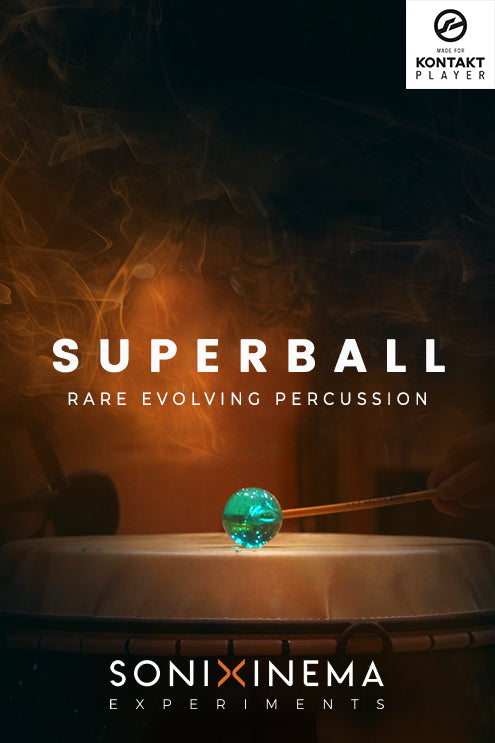FIVE QUESTIONS FOR JEFF BROADBENT
Jeff Broadbent is an multi award winning composer whose passion for music has been heard around the world in numerous video games, films, television programs, and trailers. His adrenaline-fueled action music can be heard in blockbuster movies and trailers such as TRANSFORMERS: DARK OF THE MOON, JACK RYAN: SHADOW RECRUIT, X-MEN: DAYS OF FUTURE PAST, and THE LAZARUS EFFECT. Jeff has won four Hollywood Music In Media Awards, a Game Audio Network Guild Award, seven Global Music Awards, a Telly Award, two ASCAP Plus Awards, and has been a finalist for the NAVGTR, Game Music Online, Radio Rivendell, and Soundtrack Geek awards. Jeff is represented by COOL Music LTD in London and Los Angeles.
Throughout your composing career you have had the chance to write music for a diverse range of media, including games, trailers, film and television. What are the main creative differences in your workflow when working on interactive project compared to scoring a film?
JB: For interactive media, one of the primary differences from film is that film is linear and scored to picture, whereas for a video game, you are composing pieces of music that work for different locations in the game, or different game states. So whereas for a film you'd be scoring directly to picture, in video games, you'd be composing looping pieces of music that play at specific moments in the game. And the music is specifically tailored for these unique uses. For example, I'm currently composing music for a fantasy MMO video game, that has different environments and regions. Each of these regions has its unique set of melodic themes, as well as instrument combinations, so they all sound distinct and recognizable.

Over the years you have won many awards, most recently Best Original Video Game Score awarded by the Hollywood Music in Media Awards for your work on the game Extinction. The score has a wonderful heavy tone with distorted guitars, synths and strings. What was your process finding the sonic palette and creating the main theme for the game?
JB: I loved working on Extinction! One of my favorite things as a composer is to work from a creative and unique sonic palette and instrument choices. I really like to approach every project like this, where there is no "default" set of instruments you use, but rather, you select whatever instrument combinations work best for the project, and start from a blank slate.

On the game Extinction you have worked with a renown cellist and composer, Tina Guo whose sounds resonate throughout the entire score. How did you end up working together?
JB: Tina is an amazing musician! I knew about her previously from her work on many films and video game scores. Early in the project I knew she would be great to perform on the main theme and credits cues. I contacted her, discussed the project, and we proceeded from there!
Your credit list includes several projects that are part of big and very well known franchises, such as Tom Clancy's series of games, Transformers, Marvel etc. How do you go about working on projects with such massive sonic imprint that comes with it? How different is working on a project like that creatively?
JB: I love working on both well-known franchises as well as new IPs! For existing franchises, it is very important to understand the music that came before, and to be creative, while still matching the compositional style and influence of the previous music. For example, on Transformers and Marvel projects, I would listen extensively to previous music from the franchise, to understand general melodic/harmonic/rhythmic/
What was the last piece of music that you heard that you think everyone reading this should hear?
JB: A fairly recent score I heard that I thought was excellent was the score to Hereditary, a horror film. I loved the unique usage of wind instruments in this score, something that has been somewhat forgotten to a degree in modern film scoring. A cue that plays near the end of the film, called "Reborn", I thought was perfect for this scene. It was a very disturbing and dark moment in the film, yet punctuated by music that played against this disturbing nature, in almost a regal and triumphant way. This illustrates the concept of music being tailored very specifically to the needs of the story, and in a sonically creative way. I don't want to give any spoilers, but feel free to listen on iTunes/etc!
For more information about Jeff, visit https://jeffbroadbent.com/

